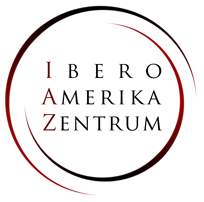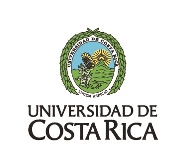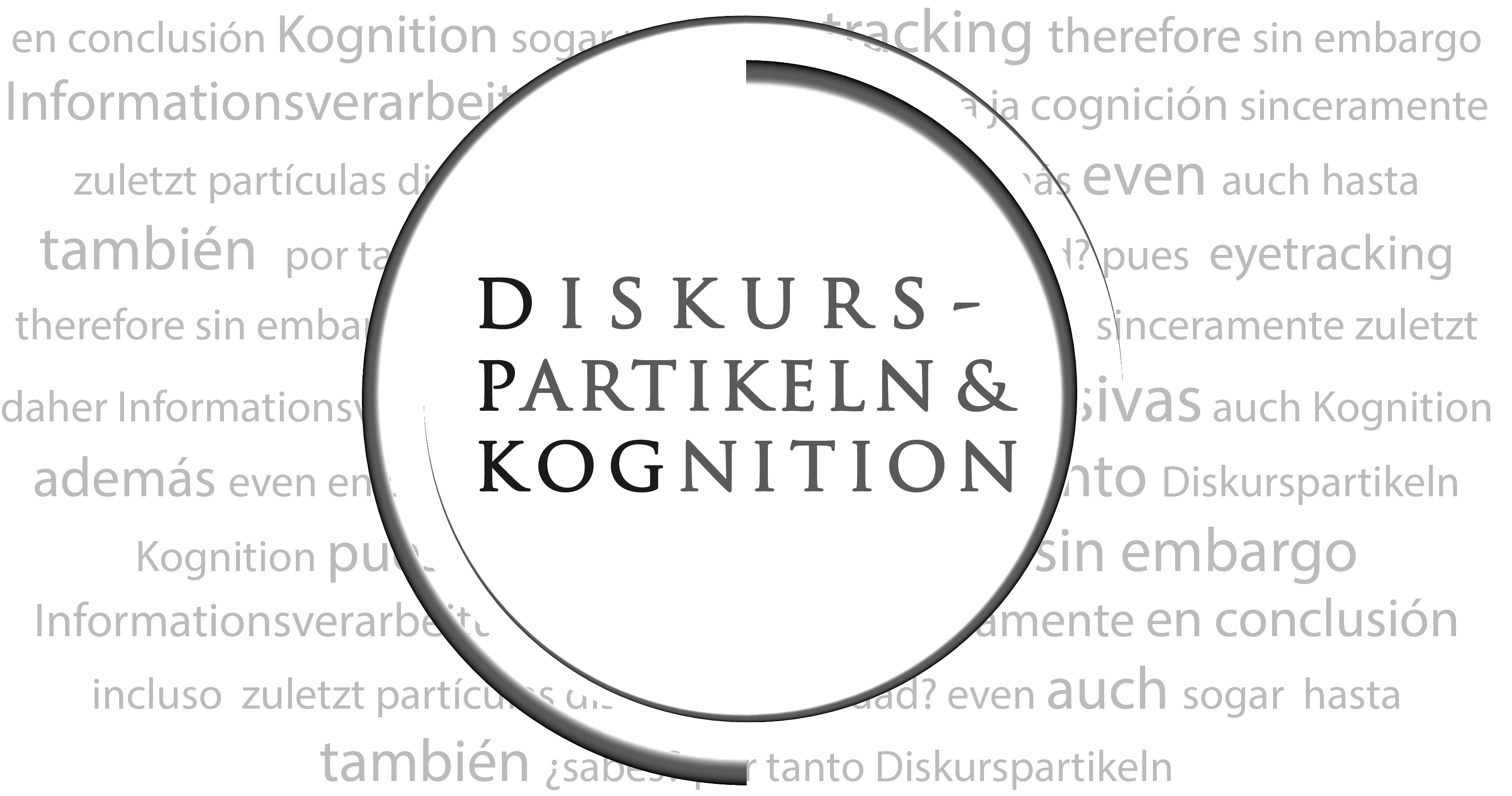Lecturers
Universities and research institutions in Germany
Area of expertise: experimental methods in discourse research
 Carlos Cuello, Heidelberg Language and Cognition Lab (hulclab.eu) / Universität Heidelberg
Carlos Cuello, Heidelberg Language and Cognition Lab (hulclab.eu) / Universität Heidelberg
Carlos Cuello is a member and scholarship holder of the research training group "Discourse particles, information structure and cognition" at the Center for Iberoamerica (IAZ). He is currently carrying out his PhD project within the research group “Discourse particles and cognition” (DPKog) at Heidelberg University in joint supervision with the University of Valencia. Carlos Cuello is also a member of the Heidelberg University Language and Cognition Lab (hulclab.eu). His current projects draw on several research streams, namely, experimental pragmatics, discourse particles, and grammaticalization and constructionalization theories.
 Tom Fritzsche, BabyLab / Universität Potsdam
Tom Fritzsche, BabyLab / Universität Potsdam
Tom Fritzsche is the BabyLAB coordinator in the Linguistics Department at the University of Potsdam. He is a specialist in clinical linguistics. His research focuses on language acquisition and processing, presented through experimental methods such as eyetracking. Tom Fritzsche has been a research member in numerous national and international scientific projects on cognition and language development. He has also been invited as a speaker to a number of workshops and conferences, among them, the Workshop DMEM 2017 held in Heidelberg and co-organized by the Center for Iberoamerica (IAZ).
 Dr. Nicole Gotzner, Leibniz-Zentrum Allgemeine Sprachwissenschaft / Humboldt-Universität zu Berlin
Dr. Nicole Gotzner, Leibniz-Zentrum Allgemeine Sprachwissenschaft / Humboldt-Universität zu Berlin
Nicole Gotzner (PhD in Linguistics) is a lecturer at the Leibniz-Zentrum Allgemeine Sprachwissenschaft for research on Linguistics in Berlin (ZAS). She is a specialist in semantics, pragmatics and psycholinguistics and is currently working on information structure, focal operators, presuppositions, implicatures and prosody from a theoretical and an experimental perspective. Nicole Gotzner temporarily held the Professorship of General Linguistics at the Humboldt University in Berlin in 2018. She has been a visiting researcher, among others, at the University of Sydney and Stanford University. She collaborates as an evaluator and has published extensively in leading international journals and publishing houses.
 Diego Guillén, Heidelberg Language and Cognition Lab (hulclab.eu) / Universität Heidelberg
Diego Guillén, Heidelberg Language and Cognition Lab (hulclab.eu) / Universität Heidelberg
Luis Diego Guillén Jiménez is a DAAD PhD scholarship holder under the ALECOSTA program. He develops his doctoral thesis at the Institute of Translation and Interpreting (IÜD) at Heidelberg University. He is also a member of the research group “Discourse particles and cognition” (DPKog) and of the Heidelberg University Language and Cognition Lab (hulclab.eu). Prior to his academic trajectory in Germany, Luis Diego Guillén was a lecturer at the School of Language Sciences at the Technological University of Costa Rica (TEC). His main research lines are experimental pragmatics, the comprehension of scientific discourse in first and second languages, discourse particles, information structure and second language acquisition.
 Inés Recio, Heidelberg Language and Cognition Lab (hulclab.eu) / Universität Heidelberg
Inés Recio, Heidelberg Language and Cognition Lab (hulclab.eu) / Universität Heidelberg
Inés Recio is a lecturer and study and quality coordinator at the Institute of Translation and Interpreting (IÜD) of Heidelberg University. She is a member of the research group "Discourse particles and cognition" (DPKog) and of the the Heidelberg University Language and Cognition Lab (hulclab.eu). Her main research areas are experimental pragmatics, discourse markers and second language acquisition and didactics. In her current research project she deals experimentally with the processing of argumentative relationships by native speakers and non-native speakers of Spanish.
 Martha Rudka, Heidelberg Language and Cognition Lab (hulclab.eu) / Universität Heidelberg
Martha Rudka, Heidelberg Language and Cognition Lab (hulclab.eu) / Universität Heidelberg
Martha Rudka is a member of the research group "Discourse particles and cognition" (DPKog) of the Center for Iberoamerica of Heidelberg University. Among her lines of research are pragmatics, information structure, particularly focal operators, experimental methods and experimental design. Martha Rudka coordinates the methodological work and the statistical data evaluation within the DPKog group. She is also a member of the Heidelberg University Language and Cognition Lab (hulclab.eu).
Area of expertise: corpus-based methods in multimodal discourse research
 Prof. Dr. John Bateman, Universität Bremen
Prof. Dr. John Bateman, Universität Bremen
John A. Bateman is Professor of English Applied Linguistics at the Faculty of Linguistics and Literary Studies at the University of Bremen. He received his PhD in Artificial Intelligence with an emphasis in Linguistics at the University of Edinburgh. His research focuses mainly on multimodality, discourse structure and natural language generation (NLG). He has directed and participated in numerous international scientific projects in the field of NLG. His scientific work has been on multimodality has been published in leading international journals and by top publishing houses. Professor Bateman's investigations on multimodality are benchmark for current projects in the field.
Area of expertise: corpus-based research methods in applied linguistics
 Dr. Laura Giacomini, Universität Heidelberg / Universität Hildesheim
Dr. Laura Giacomini, Universität Heidelberg / Universität Hildesheim
Laura Giacomini is a lecturer and researcher at the Institute of Translation and Interpreting (IÜD) of Heidelberg University and at the Institute of Information Science and Natural Language Processing (IWiST) of Hildesheim University. She holds a PhD in Applied Linguistics and a post-doc degree (Habilitation) in Specialised Communication and NLP. Her research interests include (computational) terminology and lexicography, knowledge representation, phraseology, as well as the development and application of corpus linguistics approaches to translation studies.
University of Costa Rica, Costa Rica
Area of expertise: experimental methods in discourse research / reading research
 Dr. Thomas Castelain, Instituto de Investigaciones Psicológicas / Universidad de Costa Rica
Dr. Thomas Castelain, Instituto de Investigaciones Psicológicas / Universidad de Costa Rica
Thomas Castelain received his PhD in Cognitive Psychology at the University of Lyon II. He is currently a lecturer and a member of the Commission of the Master's Degree in Cognitive Sciences of the University of Costa Rica (UCR). He is also researcher at the Institute of Psychological Research and the Institute of Linguistic Research of the UCR. His work focuses mainly on the field of social cognition, experimental psychology and developmental psychology. Thomas Castelain has been invited as a speaker at numerous international conferences and has published widely in prestigious scientific journals.
Area of expertise: corpus-based methods in multimodal discourse research
 Dr. Adrián Vergara Heidke, Instituto de Investigaciones Lingüísticas / Universidad de Costa Rica
Dr. Adrián Vergara Heidke, Instituto de Investigaciones Lingüísticas / Universidad de Costa Rica
Adrián Vergara Heidke is Associate Professor at the School of Philology, Linguistics and Literature at the University of Costa Rica (UCR). He is a researcher at the Research Institute of Linguistics, the Center for Research and Political Studies and the School of Collective Communication Sciences of the UCR. He is also Director of the Program of Graduate in Linguistics at the same university. In 2011, professor Vergara received his PhD in Linguistics at the University of Bremen. Among his main lines of research are multimodal discourse analysis and forensic linguistics.
Pontifical Catholic University of Valparaíso, Chile
Area of expertise: corpus-based and experimental methods in discourse research
 Prof. Dr. Giovanni Parodi Sweis, ELV Lab Lenguaje & Cognición / Pontificia Universidad Católica de Valparaíso
Prof. Dr. Giovanni Parodi Sweis, ELV Lab Lenguaje & Cognición / Pontificia Universidad Católica de Valparaíso
Giovanni Parodi Sweis is Professor of Linguistics at the Institute of Literature and Language Sciences of the Pontifical Catholic University of Valparaíso in Chile. He was the director of the postgraduate programs in Linguistics (1998-2018) and is the Scientific Coordinator of the Language & Cognition Laboratory at the UPCV. He is a Corresponding Member of the Chilean Language Academy and the director for Chile of the UNESCO Chair in Reading and Writing. Professor Parodi's main lines of research are corpus linguistics, multimodal discourse genres and psycholinguistics. Together with Professor Óscar Loureda (Heidelberg University) he has directed the international project "Discourse, Cognition and Linguistic Markers: Empirical Studies on Text Processing with Eye Tracking Technology" funded by the National Commission for Scientific and Technological Research of Chile (CONICYT). Giovanni Parodi has published his scientific papers in leading international journals and publishing houses: www.giovanniparodi.cl





